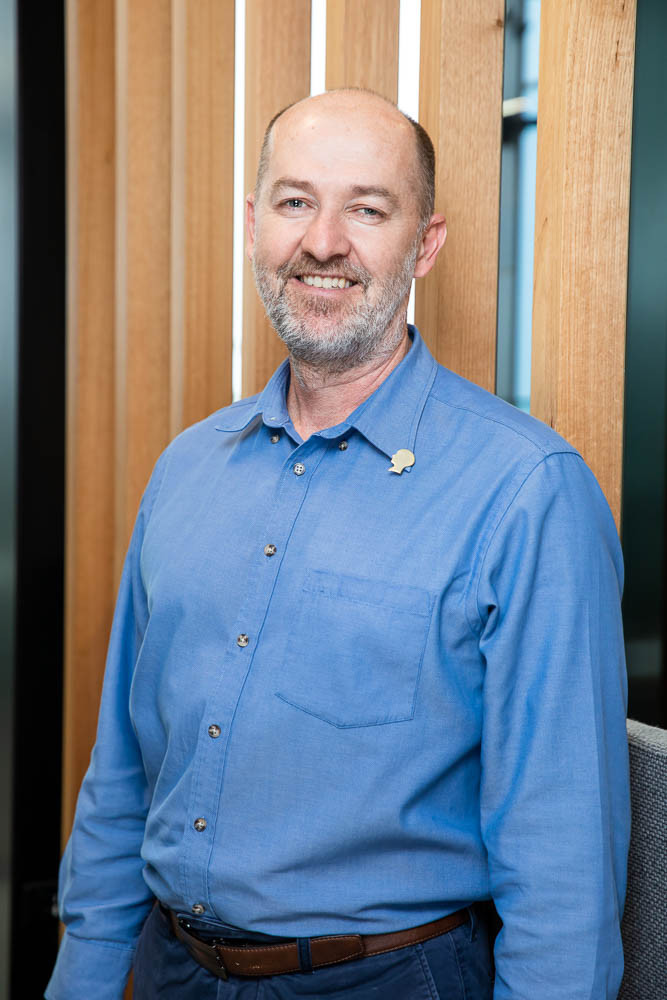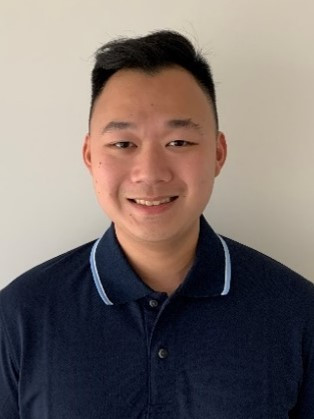Head, Molecular Therapeutics Laboratory, Centre for Cancer Biology
NRF Professor of Brain Tumour Research
NHMRC Senior Research Fellow
Chair, Brain Tumour Research SA
Research Professor, University of South Australia
Affiliate, Schools of Medicine and Biological Sciences, University of Adelaide

Prof Pitson has a substantial research track record in cancer cell signalling, development of new anti-cancer therapeutics, and considerable expertise in the isolation and use of patient-derived glioblastoma cells and orthotopic patient-derived xenografts in mice for pre-clinical examination of new drugs and drug combinations. In the last few years his laboratory, in collaboration with key SA neurosurgeons, has developed an extended panel of well-characterised low-passage patient-derived glioblastoma cell lines and a diverse series of well-characterised patient-derived intracranial glioblastoma xenografts in mice. In this time his Laboratory has also amassed a large number of cutting-edge tools for medulloblastoma research. He has published over 150 peer-reviewed research papers (51 since 2016) creating considerable international impact (>8400 citations). He has a strong record in successful research funding, having been awarded more than $37 million in research funding. He has held continuous NHMRC fellowships since 2003 and has a strong record of research commercialisation, having founded two biotechnology companies, supported by $17 million investments to develop drugs based on his research findings.
Research Fellow, Molecular Therapeutics Laboratory, Centre for Cancer Biology

Dr Tea completed her PhD at Flinders University in 2012, supported by a NHMRC Dora Lush Biomedical Research Scholarship, gaining expertise in vascular biology, gene and microRNA expression and pathway analysis, as well as hypoxic regulation of angiogenesis in rodent models of disease. She then gained further experience in vascular biology as a post-doctoral researcher in the Lymphatic Development Laboratory at the Centre for Cancer Biology, before joining the Molecular Therapeutics Laboratory at the Centre for Cancer Biology in 2017. Here she has driven the establishment of advanced resources for glioblastoma and medulloblastoma research, including the generation of patient-derived brain tumour cells from fresh tumour tissue, and the use of these cells for in vitro drug screens and intracranial tumour xenografts in mice. These resources support her research interests in the identification and advanced pre-clinical evaluation of new therapeutic approaches targeting brain tumours. In her career Dr Tea has received more than $1.1 million in research funding, authored 13 peer-reviewed research publications (4 as first author), including recent GBM-focused papers in Oncogene and Cancers and a further recent paper in Nature Cell Biology.
Dr Tea has mentored numerous vacation, Honours and PhD students to further their interest in brain tumour research with the goal of translating our findings to the clinic to improve patient outcomes.
Co-Head, Brain Tumour Research Group
Research Fellow, Molecular Therapeutics Laboratory, Centre for Cancer Biology

Dr Gliddon received her PhD in 2003 at the University of Adelaide in the Lysosomal Diseases Research Unit at the Adelaide Women’s and Children’s Hospital with Prof John Hopwood. This research aimed to develop therapies to a group of inherited lysosomal storage disorders, focusing on brain delivery of enzyme replacement therapies, and analysing the pathology of disease in precise and discrete regions of the mouse brain. In 2005 Dr Gliddon was recruited to the Bio21 Molecular Science and Biotechnology Institute in Melbourne, where she applied her skills to study vesicular trafficking using cutting edge confocal microscopy methods. Dr Gliddon joined the Molecular Therapeutics Laboratory at the Centre for Cancer Biology in 2008, investigating cell signalling by sphingolipids in brain cancer. She has authored 19 peer-reviewed research publications, including a recent co-senior author paper in Oncogene, and other papers in Cancer Res and Oncogene, despite having several career disruptions due to maternity leave, and gained more than $1.25 million in research funding.
Dr Gliddon has expertise in characterising intracranial xenografts established with both commercial glioblastoma cells lines and patient-derived glioblastoma cells, including interventional studies with small molecule drugs as well as biologicals. Her research interests focus on the identification and advanced pre-clinical evaluation of new therapeutic approaches targeting brain tumours, and particularly on approaches to overcome the blood-brain barrier for better delivery of drugs to brain tumours.
Research Assistant, Brain Tumour Research Group, Molecular Therapeutics Laboratory, Centre for Cancer Biology

Sakthi completed her Bachelor of Biomedical Research (Honours) with Dr Guillermo Gomez at the Centre for Cancer Biology in 2020, where she developed a pipeline for performing drug screening on patient-derived in vitro models for pre-clinical analysis of therapy response in glioblastoma. Sakthi joined the Molecular Therapeutics Laboratory in 2021, where she is responsible for the generation and maintenance of patient-derived glioblastoma cell lines, and the use of these cells for in vitro drug screen analyses for the examination of new drugs and drug combinations prior to their use in patient-derived orthotopic models of glioblastoma.
PhD student, Molecular Therapeutics Laboratory, Centre for Cancer Biology and Clinical and Health Sciences, University of South Australia

Darren completed his Bachelor of Biomedical Research (Honours) in the Molecular Therapeutics Laboratory of the Centre for Cancer Biology, where he was awarded a University of South Australia Medal. Darren then received a Research Training Program International (RTPI) Scholarship from the Australian Government to pursue his PhD in the Molecular Therapeutics Laboratory, investigating the role of 14-3-3 proteins as potential therapeutic targets in medulloblastoma.